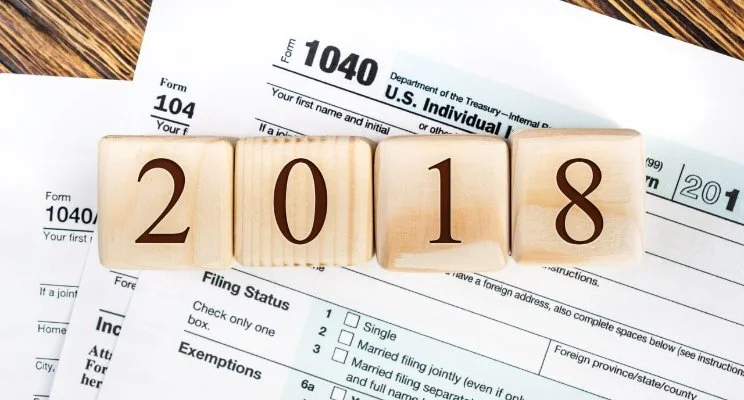I just received an email advertisement from a company called Spidell Seminars entitled "ARM YOURSELF FOR AUDITS OF REAL ESTATE TRANSACTIONS". You see, I was a practicing CPA for over 50 years before I became a realtor and I have taken many Spidell seminars. The new tax law that the Trump administration passed last year has a far-reaching impact on real estate and real estate transactions. The new tax law affects the sale of principal residences, mortgage interest deductions, real estate tax deductions as well as rental real property used for investment purposes and when you can use the new Section 199A provisions of the Internal Revenue Code. There are also clarifications as to the $250,000 / $500,000 capital gain exclusion rule on principal residences now that time has passed and we have court cases that are used as precedents for future cases.
I know that we are realtors and that we cannot give tax advice to our clients. The standard line is "Please speak to your tax preparer to clarify the treatment for this transaction". By the way, I would recommend that you use the term "tax preparers" as opposed to your "accountant" as a lot of people do not have accountants, they just go to H & R Block to get their taxes done every year. But you would be surprised how many people trust H & R Block with complicated transactions because they do not have an accountant or a CPA and they should seek out informed professional advice.
So, it is my advice that realtors and brokers have to have a basic knowledge of tax law, some knowledge, as it pertains to real estate so you can know when to advise your clients to seek the appropriate professional advice. IF YOU DON'T KNOW WHEN IT'S A TAX QUESTION YOU CAN'T TELL YOUR CLIENT TO SEEK THE CORRECT PROFESSIONAL ADVICE.
With the new tax law and new rules that have not all been tested in the courts, there will be a multitude of tax audits of real estate transactions and you can bet that either the client's CPA or the client is going to be looking to you for answers.






